Una tarde de este invierno mi hijo adolescente me recomendó ver Sex Education. La primera reacción fue pensar que cómo quería que me gustase una serie de su interés cuando estamos en momentos muy distintos y pocas veces coincidimos con los gustos. Pero la propuesta ya me había calado y, sea por curiosidad de saber de qué iba la serie o, probablemente, por conocer un poco mejor a esta personita que tan poco se comunica últimamente, reconozco que acabé devorando la serie.
La verdad es que agradezco la propuesta. Es una serie inglesa situada en un instituto con su abanico de personajes variados que capítulo a capítulo va tratando muchas de las cuestiones que rodean a los chicos de estas edades, cuestiones como los miedos, la aceptación, la homosexualidad, el travestismo, la masturbación, el acoso sexual, el feminismo, el aborto, las enfermedades sexuales, el bullying y algunas otras.
Algunos pensarán que es una serie más de adolescentes en un instituto, y de alguna manera así es; los que hemos trabajado en estos centros de secundaria reconocemos como reales muchos de los clichés típicos de estas series (las tribus urbanas, los frikis, el chico y la chica populares…), todos los hemos visto. Pero no es eso, evidentemente, lo que hace interesante Sex Education. No es una serie más. El gran mérito de esta serie progresista es la capacidad que tiene de hablar de la sexualidad desde la responsabilidad.
Un argumento original
Sex Education está entre las tendencias de Netflix, es una serie muy bien acogida por su frescura, originalidad, diversión y atrevimiento. Su éxito radica en la naturalidad con la que enhebra ocho capítulos en cada una de las dos temporadas, tratando básicamente el tema de la sexualidad.
El protagonista, Otis, es hijo de una terapeuta sexual y, a pesar de su inocencia y a veces falta de habilidades sociales, es empujado por otra de las protagonistas, la extrovertida y madura Meave, a ejercer como consejero sexual en el instituto de Moordale. El instituto está lleno de adolescentes en su despertar sexual; chicos y chicas con miedos, descubriendo sus nuevos cuerpos, obsesionados por la pérdida de la virginidad, desconociendo las ETS, buscando su orientación sexual… Capítulo a capítulo, Otis va aconsejando a cada uno de los alumnos que decide recurrir a su ayuda. ¿Pero de dónde saca la información para poder aconsejar? A veces de lo que escucha de las consultas de su madre y otras veces de su propio conocimiento.
También se van desarrollando las relaciones entre los alumnos del centro, relaciones de amistad, de enamoramiento, de competición o hasta de bullying. Y cuando no están en el centro educativo van sucediendo también situaciones hogareñas donde se ven diferentes tipos de vínculos entre padres e hijos, algunos marcados por la comprensión y otros, sobre todo, por la incomprensión.
Sin ánimo de hacer spoiler, cabe destacar especialmente el último capítulo, verdaderamente impactante.
Un reparto diversificado
En primer lugar es destacable los diferentes tipos de familias que podemos encontrar en la trama: familia tradicional, homosexual, desestructurada, monoparental, numerosa… Reflejando así la realidad que podemos encontrar en cualquier instituto.
En segundo lugar, y como pasa en la mayoría de series ambientadas en un instituto, Sex Education cuenta con una gran variedad de personajes: la chica o chico popular, las bandas o tribus urbanas, los frikis, el malote, el acosado… Podríamos decir que están bastante bien representados los diferentes tipos de alumnos que vemos en los institutos, pero quizás lo que es más difícil de encontrar en la realidad de los centros son las combinaciones o tipos de relaciones que aquí encontramos, a veces poco creíbles. A pesar de ello el producto no pierde ni un ápice de interés.
Un reconocimiento a la labor educativa
El valor máximo de esta serie es el valor educativo que acaba teniendo gracias a la manera natural y respetuosa con la que trata temas aún tabúes para gran parte de la sociedad. Ver estos capítulos es pasar un buen rato entre risas, pero también es información y nos hace reflexionar sobre temas de los que no hablamos fácilmente. Y más en un caso como el nuestro, cuando en un mismo período de tiempo la está viendo un adolescente y una madre, cada uno por su lado.
Permite, de vez en cuando, entablar alguna conversación, o comentar simplemente alguna situación que sin el precursor de la serie quizás nunca se hubieran comentado. Cualquier serie, película o libro que favorezca la comunicación entre padres e hijos para hablar sobre la sexualidad se merece un gran reconocimiento, sobre todo por parte de los que sabemos lo difícil que a veces es poder hablar tranquilamente con los adolescentes.
Una proposición para Laurie Nunn
Probablemente ya tendrá pensado el guión para la tercera temporada. O para la cuarta. A pesar de ello, y aprovechando la oportunidad, quisiera proponer alguna idea. La serie está ambientada y va sobre jóvenes, pero inevitablemente es visionada no sólo por cientos de miles de jóvenes sino que también ha sido muy bien acogida por cientos de miles de adultos. Sin querer cambiar en ningún momento su rumbo, propongo lo siguiente:
¿Qué tal si los profesores del instituto reciben un curso de educación sexual, pero no solo de la salud sexual (anatomía, anticonceptivos y enfermedades), que son los cursos que poco a poco se van incorporando, sino un curso mucho más amplio en el que se expliquen la diversidad de orientaciones sexuales, tipos de relaciones, etc.?
O, por ejemplo, igual que hay una madre terapeuta sexual que se cuida de resolver los conflictos de sus clientes, podría haber otro familiar que hablase más de la sexualidad consciente, más tranquila, más amorosa, que ayudara a entender el gran valor de la sexualidad.
Reflexión final
Con series como ésta sí que podemos empezar a alejarnos de la violencia sexual, de las agresiones y de la intolerancia todavía tan presentes en nuestra sociedad. Diariamente las noticias nos recuerdan que es una de las principales preocupaciones de la sociedad actual, por lo que es obligación de los educadores y de la sociedad en general cambiar estas actitudes tan graves.
Sabemos la influencia que tiene la pequeña pantalla sobre la sociedad en estos momentos, y en especial sobre los adolescentes. Aprovechemos bien este valioso recurso, recordemos su función educativa. Necesitamos más series como Sex Education: divertidas, atrevidas, actuales, y respetuosas; y menos reality shows donde impera el machismo, el insulto y la mala educación.
Lídia Codony Vidal. Maestra de Primaria especializada de Ciencias y Matemáticas (UAB). Máster en Innovación en Didácticas Específicas de Ciencias (UVic).
The post Cuando tu hijo adolescente te recomienda ‘Sex Education’ appeared first on El Diario de la Educación.
Fuente: https://eldiariodelaeducacion.com/2020/03/09/cuando-tu-hijo-adolescente-te-recomienda-sex-education/
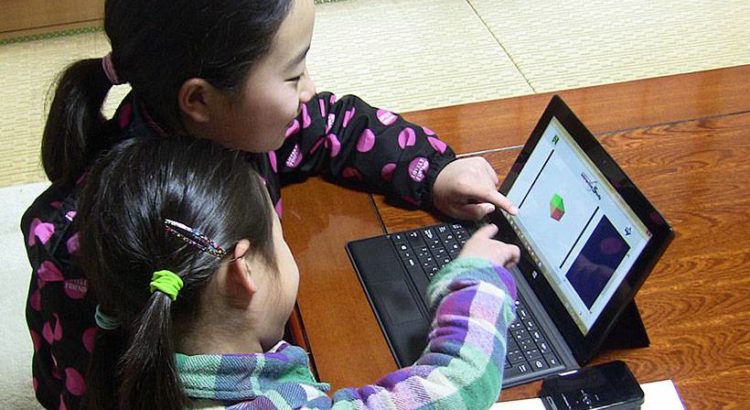


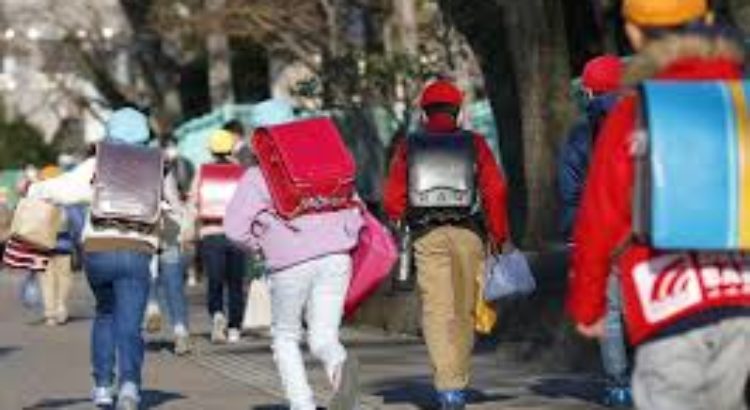
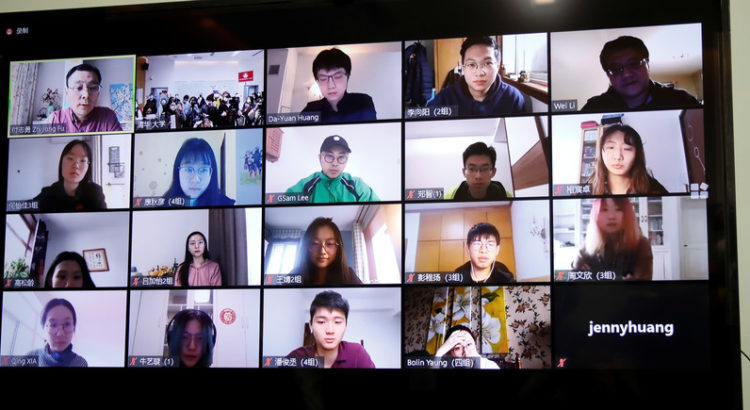

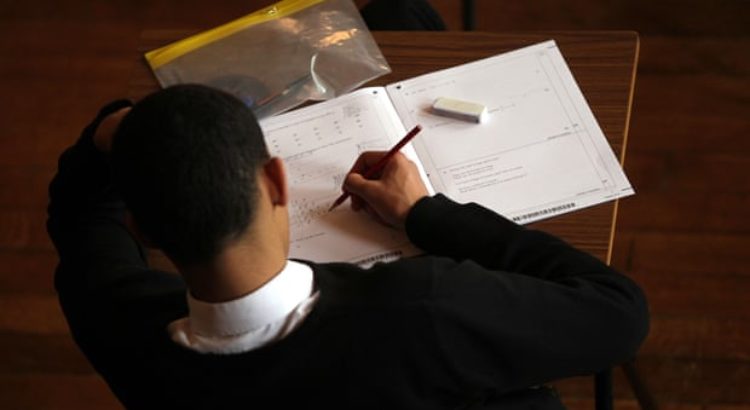
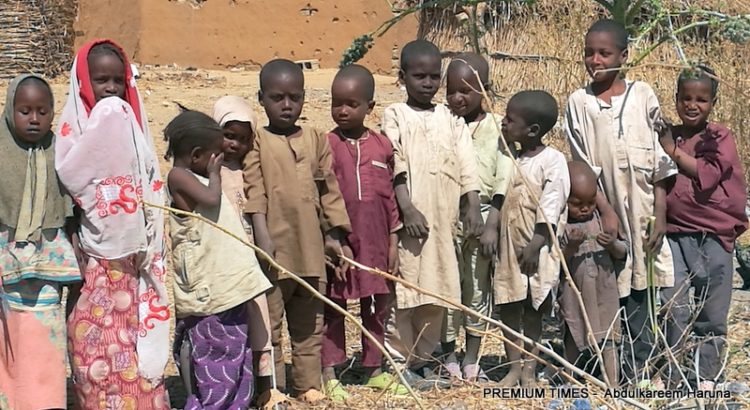








 Users Today : 111
Users Today : 111 Total Users : 35460128
Total Users : 35460128 Views Today : 146
Views Today : 146 Total views : 3418777
Total views : 3418777